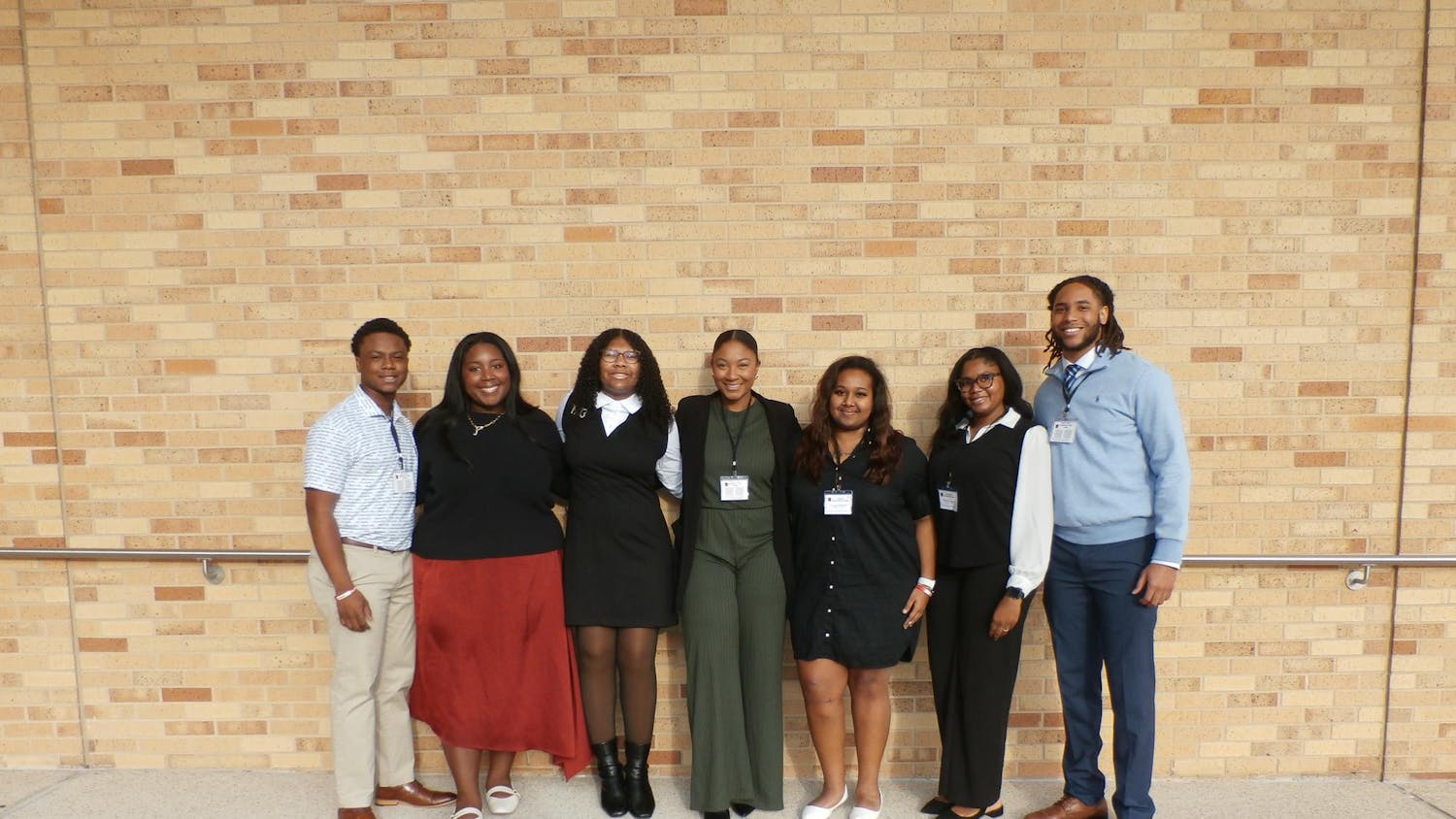Homebound. Alone. Hungry.
Many do not know about the hundreds of people in Lee and Russell counties who struggle through each day and wonder when, or if, they will have a next meal.
That is why the Area Agency on Aging recently extended an urgent request for donations to its unique Home Delivered Meals Program.
"As of May 1st, there's a waiting list for 191 people who asked for food," said Peggy Todd, AAA board member. "The Area Agency on Aging has funds allotted by the state to provide for 175 people in the program, but it has no money and no way to help the others on the list, so it just had to turn them away."
AAA is a government agency established through a cooperation of state, federal and local governments to provide services to the elderly or disabled, Todd said.
The agency recognized the need to obtain more money in addition to the money allocated by the state to fund this project, so they organized the non-endowed Lee-Russell Aging Foundation.
"One of the things that impressed me most is the need that has been identified with this project," said Barbara Bohmann, volunteer for Home Delivered Meals. "There's been no duplication of these services by any other agency in these two counties, not even Meals on Wheels, the national food delivery program."
People who have been injured and have no one to provide meals after they return home from the hospital can qualify for help on a temporary basis, Todd said.
However, the permanent recipients of meals through this program must be completely disabled and/or 55 years of age or older.
"Unless someone calls your attention to it, there's no way for those people in their homes to let you know," Todd said. "You just don't hear about them. They're at home with the door shut."
Todd said he would like to see more churches, civic organizations and individuals, namely students, incorporating a yearly donation to the meal delivery program, she said.
"A fraternity could take this on as part of its ongoing charitable effort," Todd said. "It would be ideal for a sorority or fraternity or any other group to get out and raise a thousand dollars that would support a person from year to year."
Kenneth Cadenhead, AAA board member, said the crucial aspect of raising public awareness is to sustain fundraising efforts each year.
"It's not just a one-time thing," he said. "I think we get caught up in our own activities and our own lives, and we're not aware of the presence of this need."
Todd also recognizes the requirement for continuous financial support.
"Another important point is that once you promise a person food, you've got to keep on (giving it)," she said. "You can't say, 'You've got food this year, but next year, we're going to cut you off.' So, you have to know that your source of funds is going to be stable."
Bohmann emphasized the need for heightened public awareness.
"We have not been able to take those 191 people off the waiting list so far, and that's only 4 percent of the people who need food," Bohmann said. "If they can no longer get food, the only answer is to put them in an institution, and one of our goals is to keep people in their homes. They are so much happier there."
Also, elderly people enjoy having students helping them, said Cadenhead and Bohmann.
"It's a real pick-me-up for an old person to see younger people come into their space and to know that somebody is thinking about them," Bohmann said,
Without a meal delivery program like the Home Delivered Meals Program, some homebound people will not have food to eat on a daily basis.
"Carolyn Brewer, the person who goes to visit people in their homes, told me that when she goes out and finds that someone has died," Cadenhead said, " this question comes to mind: 'Did they die hungry?'
Do you like this story? The Plainsman doesn't accept money from tuition or student fees, and we don't charge a subscription fee. But you can donate to support The Plainsman.




